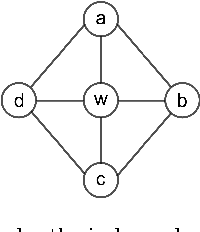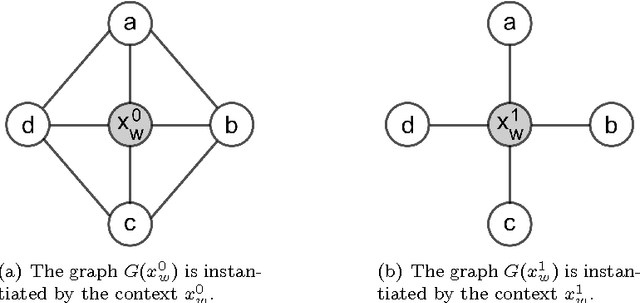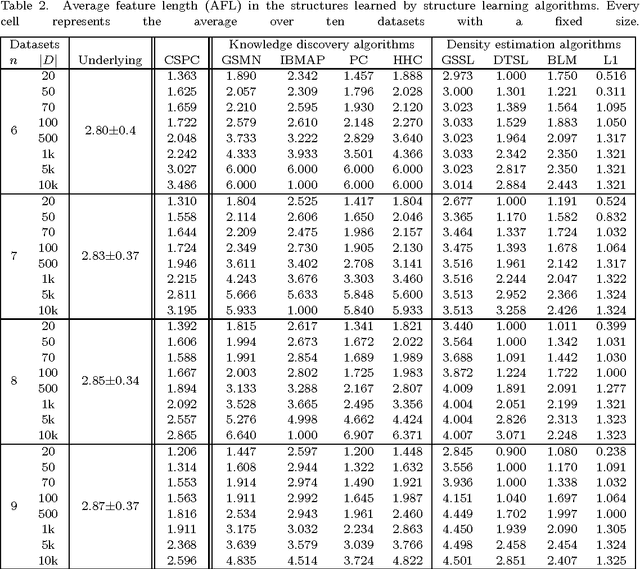The Grow-Shrink strategy for learning Markov network structures constrained by context-specific independences
Paper and Code
Jul 30, 2014



Markov networks are models for compactly representing complex probability distributions. They are composed by a structure and a set of numerical weights. The structure qualitatively describes independences in the distribution, which can be exploited to factorize the distribution into a set of compact functions. A key application for learning structures from data is to automatically discover knowledge. In practice, structure learning algorithms focused on "knowledge discovery" present a limitation: they use a coarse-grained representation of the structure. As a result, this representation cannot describe context-specific independences. Very recently, an algorithm called CSPC was designed to overcome this limitation, but it has a high computational complexity. This work tries to mitigate this downside presenting CSGS, an algorithm that uses the Grow-Shrink strategy for reducing unnecessary computations. On an empirical evaluation, the structures learned by CSGS achieve competitive accuracies and lower computational complexity with respect to those obtained by CSPC.
 Add to Chrome
Add to Chrome Add to Firefox
Add to Firefox Add to Edge
Add to Edge